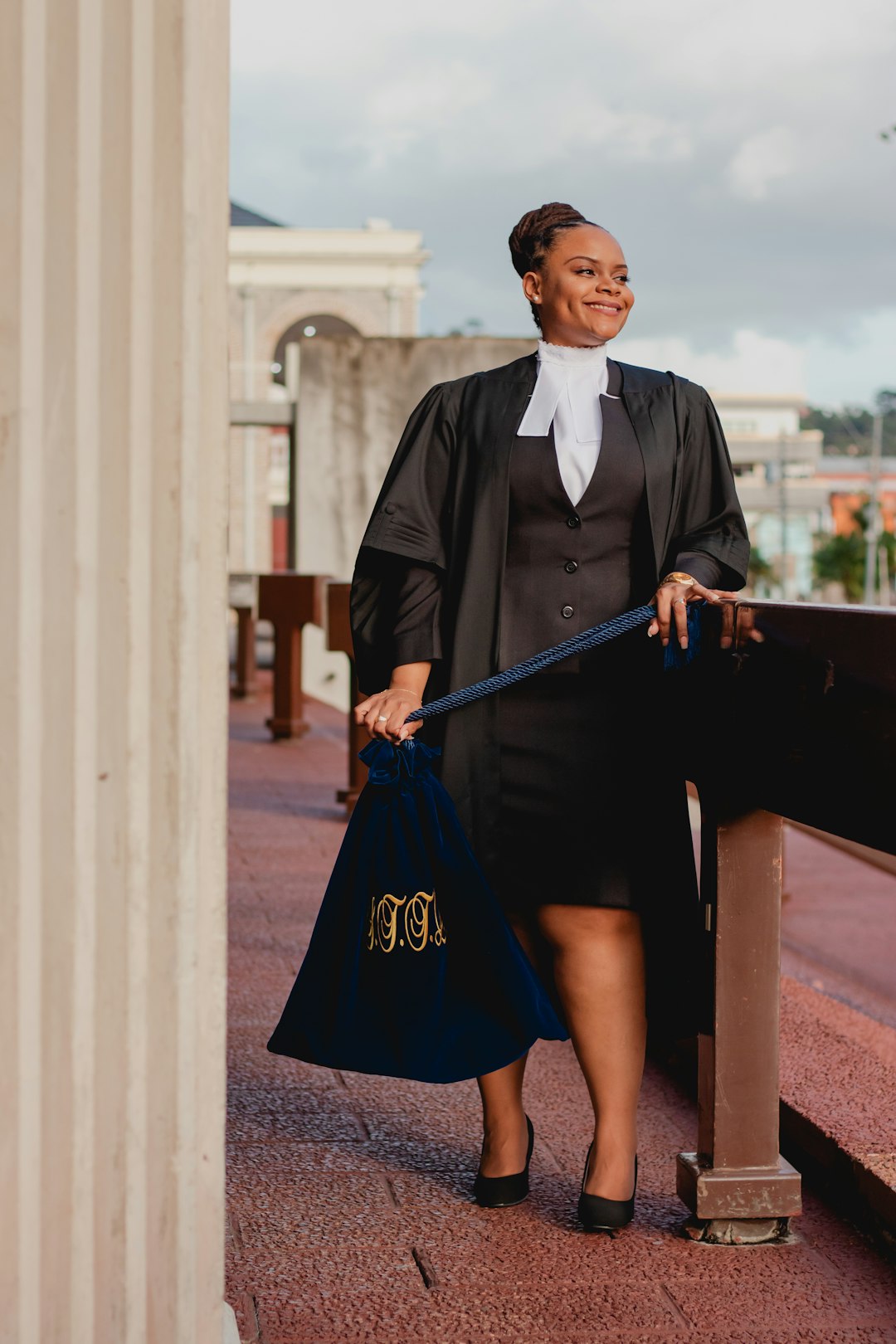In Newport, Rhode Island courtrooms, rape attorneys play a critical role in ensuring fair trials by challenging witness credibility. They employ strategic cross-examination, expert testimony, and meticulous evaluation of consistency and bias to raise reasonable doubt. Balancing fairness and effectiveness, these lawyers navigate complex evidence and public perception, aiming for favorable outcomes while protecting the innocent and upholding justice in sensitive rape cases.
In Newport, Rhode Island courtrooms, challenging witness credibility is a critical aspect of ensuring fair trials. This article delves into the intricate dynamics of evaluating witness reliability, focusing on strategies employed by seasoned rape attorneys. We explore the art of cross-examination, where inconsistencies and biases are probed, and the growing role of expert testimony in shaping legal outcomes. Additionally, we discuss ethical considerations, highlighting the delicate balance between accusatory tactics and fairness in these proceedings, particularly when dealing with sensitive cases like rape.
Understanding Witness Credibility: The Foundation of a Fair Trial in Rhode Island

In Newport, Rhode Island courtrooms, understanding witness credibility is paramount for ensuring a fair trial. Witness testimony forms the backbone of many legal proceedings, especially in sensitive cases like rape trials, where the accuracy and reliability of evidence can significantly impact outcomes. A rape attorney in Rhode Island knows that jurors often rely heavily on witnesses’ accounts to determine guilt or innocence. Therefore, evaluating witness credibility becomes crucial for achieving justice.
The process involves scrutinizing various factors such as consistency, bias, and the witness’s overall demeanor. Lawyers and judges must consider if statements align with physical evidence, other testimonies, and established facts. In cases of sexual assault, where memory and perception can be distorted, experts often emphasize the importance of corroborating evidence to bolster or challenge witness credibility. This meticulous approach ensures that justice is served, protecting both the innocent and holding perpetrators accountable.
Strategies for Challenging Credibility: A Rape Attorney's Perspective

In Newport, Rhode Island courtrooms, challenging witness credibility is a critical skill for any rape attorney. The goal is to cast doubt on the accuracy and reliability of an alleged victim’s testimony, which can be complex given the sensitive nature of sexual assault cases. One effective strategy involves cross-examining the witness about any inconsistencies in their statement or prior accounts, such as details about the incident, descriptions of the perpetrator, or even memory lapses. A rape attorney might also question the witness’s motive for coming forward—or not—and explore potential biases that could influence their testimony.
Additionally, a rape attorney may employ expert witnesses who can provide insights into common behaviors and experiences of victims, potentially helping to normalize the victim’s actions post-assault. They may also challenge the reliability of physical evidence collection and testing methods, highlighting potential sources of contamination or human error. By combining these strategies, a rape attorney in Rhode Island can effectively portray a more nuanced picture, leaving the jury with reasonable doubt about the witness’s credibility.
The Role of Cross-Examination: Probing for Inconsistencies and Bias

In Newport, Rhode Island courtrooms, the role of cross-examination is pivotal in challenging witness credibility, especially in cases involving sensitive matters like rape. A skilled rape attorney will expertly probe for inconsistencies and biases during this critical process. By delving into the witness’s past statements, memories, and motivations, defense lawyers can expose discrepancies that may cast doubt on their current testimony. This strategic approach aims to uncover any bias or ulterior motives that could influence the witness’s perception and accuracy.
During cross-examination, the attorney might ask about previous accounts of events, seeking to highlight differences in detail or timing. They may also inquire about personal relationships, financial interests, or any connection to the plaintiff or defendant to establish potential biases. For instance, a rape attorney might question a witness’s reliability if they have a history of making false accusations or have a personal agenda against the accused. This thorough examination is essential to ensure the justice system considers all factors and makes an informed decision based on reliable evidence.
Expert Testimony and Its Impact: When Scientific Evidence Meets Legal Proceedings

In Newport, Rhode Island courtrooms, challenging witness credibility is a nuanced art, especially when dealing with sensitive cases like rape. Expert testimony plays a pivotal role in such proceedings, as it brings scientific evidence into legal discourse. When a rape attorney presents expert witnesses, they offer specialized knowledge and insights that can significantly impact the outcome of a case. These experts often conduct thorough analyses using advanced techniques and technologies to support their findings, adding credibility to the prosecution’s or defense’s argument.
The introduction of scientific evidence through expert testimony can shape public perception and influence the jury’s decision. It brings a layer of complexity to the trial process, as it requires careful consideration and interpretation. This is particularly crucial in rape cases, where the reliability of evidence and witness statements is continually scrutinized. Expert witnesses help navigate this intricate landscape by providing objective analysis, ensuring that legal proceedings are informed by both scientific rigor and legal requirements.
Ethical Considerations: Balancing Accusatory Tactics with Fairness in Newport Courtrooms

In Newport courtroom settings, balancing effective questioning with ethical considerations is paramount, especially in cases involving sensitive matters like rape. While challenging a witness’s credibility is crucial for ensuring justice, it must be done with fairness and integrity. Lawyers representing both the prosecution and defense have a responsibility to uphold professional standards, particularly when dealing with vulnerable individuals or high-stakes crimes such as sexual assault.
Rape attorneys in Rhode Island understand that aggressive tactics can undermine the fairness of a trial if not executed thoughtfully. Ethical guidelines mandate that lawyers avoid prejudicial language, personal attacks, or strategies designed to intimidate witnesses. Instead, they should focus on logical and fact-based questioning to challenge the witness’s memory, bias, or potential inconsistency in their testimony, ensuring a balanced presentation of evidence without compromising the rights of all parties involved.






